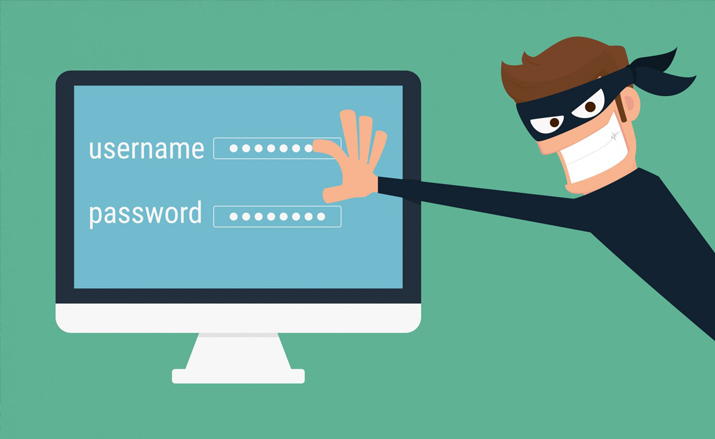

The concept of cybercrime is still not clear and many of us think that the only form of cybercrime we have to worry about is hackers stealing our financial information. There are far more concerns than just basic financial ones. Cybercrime continues to evolve, with new threats surfacing every year.
When you hear and read about the scope of cyber crimes, you may be think to quit using the internet, but this is not going to work in this technical era. Instead of that, one should learn how to perceive cybercrime, which is the first step for securing your information from being stolen online. It is better to take some safety measures and make yourself aware about whom to inform when you see any other person involved in cyber crime activities.
So let’s know more about cyber crime and ways to protect us from this:
Cyber crime or computer oriented crime is the crime that involves a computer and a network. Cybercrimes can be characterized as: "Offenses that are carried out against individuals or groups of individuals with a criminal motive to intentionally harm the reputation of the victim or cause physical or mental harm, or loss, to the victim directly or indirectly, using modern telecommunication networks such as Internet (networks including but not limited to Chat rooms, emails, notice boards and groups) and mobile phones (Bluetooth/SMS/MMS)". Cybercrime may compromise an individual or a country's security and financial health.
There are some basic safety measures one should follow in order to protect yourself against cybercrime. Here are tips you can use to help ensure yourself against the scope of cybercrimes out there.
Use a full-service internet security suite which gives you constant assurance against existing and developing malware including ransomware and infections, and ensures your private and money related data when you go online.
Try not to repeat your passwords on different sites, and change your passwords at regular interval. Make them complex, that implies using a mix of no less than 10 letters, numbers, and symbols.
This is particularly crucial with your working operating systems and web security software. Cybercriminals every now and again use known endeavors, or flaws, in software to gain access to your system. Fixing those exploits and flaws can make it less likely that you'll turn into a cybercrime victim.
Social cybercriminals can regularly get your data with only a couple of information points, so it is suggested not to share much of your personal details publicly on social media sites. For example, if you post your address or your any personal information, you might expose the answers to two common security questions
It's a smart idea to begin with a strong encryption password and in addition a virtual private system. A VPN will encode all traffic leaving your gadgets until the point when it lands at its goal. If in case that cybercriminals do figure out how to hack your correspondence line, they won't capture anything other than scrambled information. It's a good thought to use a VPN at whatever point you an open Wi-Fi arrange, regardless of whether it's in a library, bistro, inn, or airplane terminal.
If in case you work with a trader or have a account on a site that has been affected by a security rupture, investigate what data the hackers accessed and change your password immediately.
Identity happens when somebody improperly acquires your own information in a way that includes misrepresentation or double dealing, ordinarily for financial gain. How? You may be deceived into giving individual data over the web, or a thief may take your mail to get to account data. That is the reason it's essential to monitor your own information. A VPN short for virtual private system can likewise ensure the information you send and get on the web, particularly while getting to the web on open Wifi.
It's savvy to know how to secure your identity even while traveling character. There are a lot of things you can do to make sure criminals not getting your private information on the road. These incorporate keeping your touring plans off web based life and being using a VPN while getting to the web over your lodging Wi-Fi network.
The moment you realize that you've become a victim of a cybercrime, you should inform to nearby police and, in some cases, the FBI and the Federal Trade Commission. This is essential regardless of whether the crime seems to be minor. Your report may help experts in their investigations or may help to thwart criminals from taking advantage of other people in the future. If you think cybercriminals have stolen your identity. These are among the means you ought to consider.
Contact the organizations and banks where you know fraud happened.
Place fraud alerts and get your credit reports.
Report data fraud to the FTC.